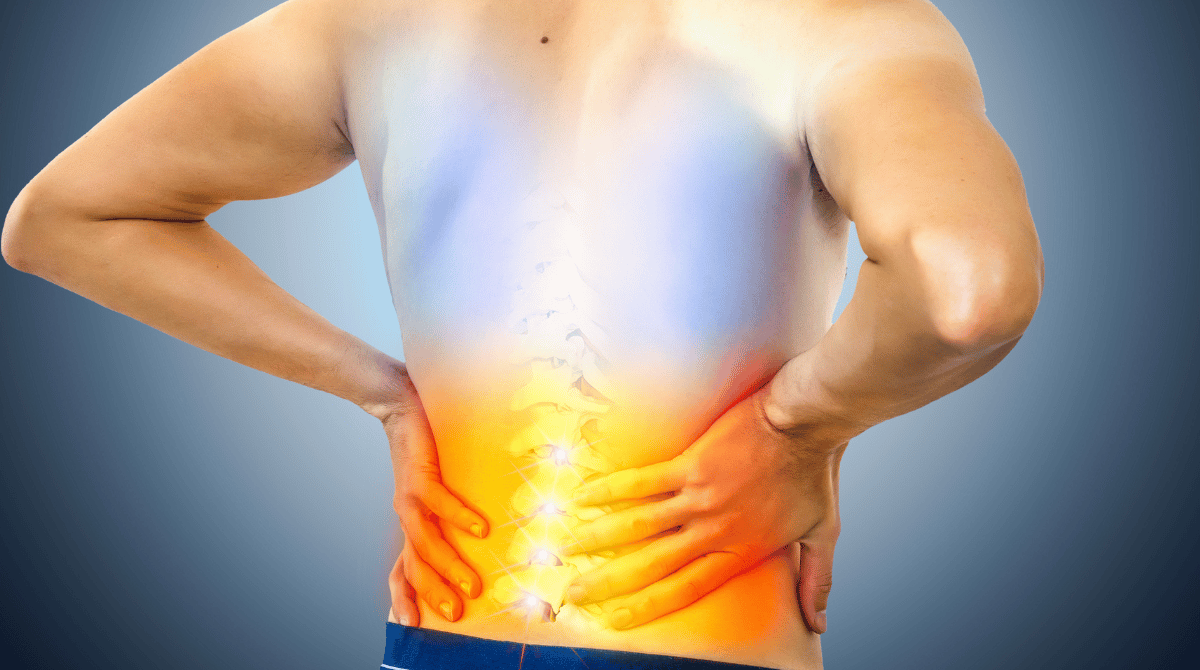
28 Aug How to Recover From Back Pain and Avoid Future Injury
Back pain is a common condition that affects many people at some point in their lives. It can range from a dull, constant ache to a sudden, sharp sensation. Understanding the potential causes, available treatments, and preventive measures helps you manage discomfort and support your long-term spinal health. Taking proactive steps can make a significant difference in your recovery and ability to avoid issues in the future.
What Causes Back Pain?
The structure of the back is complex, involving muscles, bones, ligaments, and discs. An issue with any of these components may lead to discomfort. While some cases of back pain develop without a clear cause, many are linked to specific activities or underlying conditions. Identifying the source is a helpful step toward finding an effective management plan. Some sources include:
- Muscle or Ligament Strain: Repeated heavy lifting or a sudden awkward movement can strain back muscles and spinal ligaments.
- Bulging or Ruptured Discs: Discs act as cushions between the bones in your spine. The soft material inside a disc can bulge or rupture, sometimes pressing on a nerve.
- Arthritis: Osteoarthritis can affect the lower back. In some cases, arthritis in the spine leads to a narrowing of the space around the spinal cord, a condition called spinal stenosis.
- Poor Posture: Sitting or standing in an improper position for extended periods can put undue stress on your back muscles and spine.
These are just a few of the common sources of back pain. A variety of other structural issues or conditions can also lead to discomfort. It is necessary to understand what may be contributing to your specific situation.
How Is Back Pain Treated?
Treatment for back pain often depends on its cause and the severity of the condition. Many instances of acute back pain get better within a few weeks of home treatment. The primary goal is typically to alleviate discomfort and restore function.
For mild to moderate pain, initial approaches may include modifying your activities. Gentle stretching and low-impact exercises, like walking or swimming, may help maintain mobility without adding stress to your back. Applying heat or ice to the affected area may also provide temporary relief. Your approach should be tailored to your specific symptoms and what gives you the most comfort.
What Prevents Future Injury?
Preventing future back injury involves building strength, improving flexibility, and practicing good body mechanics. By incorporating certain habits into your daily routine, you can reduce the strain on your back. These changes support the structures of your spine and help you avoid reinjury.
Making mindful adjustments to your lifestyle is key to long-term back health. Focus on exercises and habits that promote a strong and flexible back.
- Regular Exercise: Activities that strengthen your core muscles, which support your spine, can help prevent back pain.
- Maintain a Healthy Weight: Excess body weight puts extra stress on your back. Maintaining a healthy weight reduce this strain.
- Practice Good Posture: Be mindful of your posture when sitting and standing. Align your shoulders, hips, and ears to maintain a neutral spine position.
- Lift Properly: When lifting something heavy, bend at your knees and keep your back straight. Hold the object close to your body to minimize the load on your spine.
Consistently applying these practices helps protect your back from unnecessary stress. Over time, these habits can become second nature, contributing to a healthier spine and reducing your risk of future problems.
Visit a Specialist
Most cases of back pain improve with self-care, but some require professional attention. If your pain is severe, doesn’t improve with rest, or comes with other concerning symptoms, it’s noteworthy to seek help. A specialist can assess the cause of your pain and work with you to create a personalized treatment plan. For persistent or debilitating pain, scheduling an appointment with a healthcare professional can help you find the proper care and relief.

No Comments